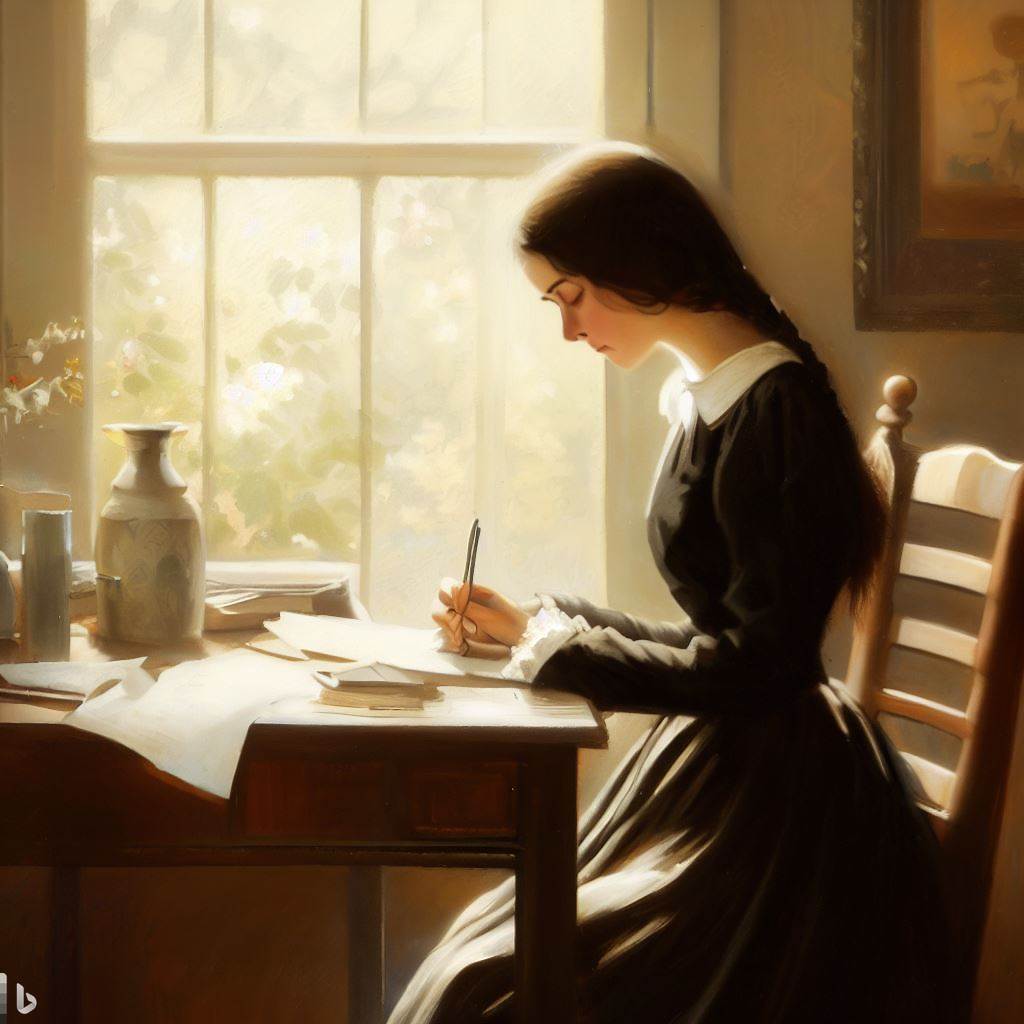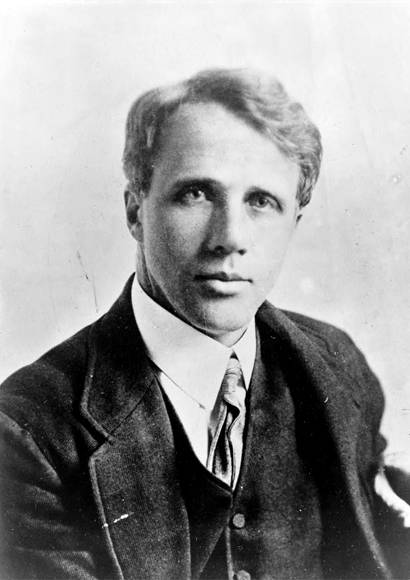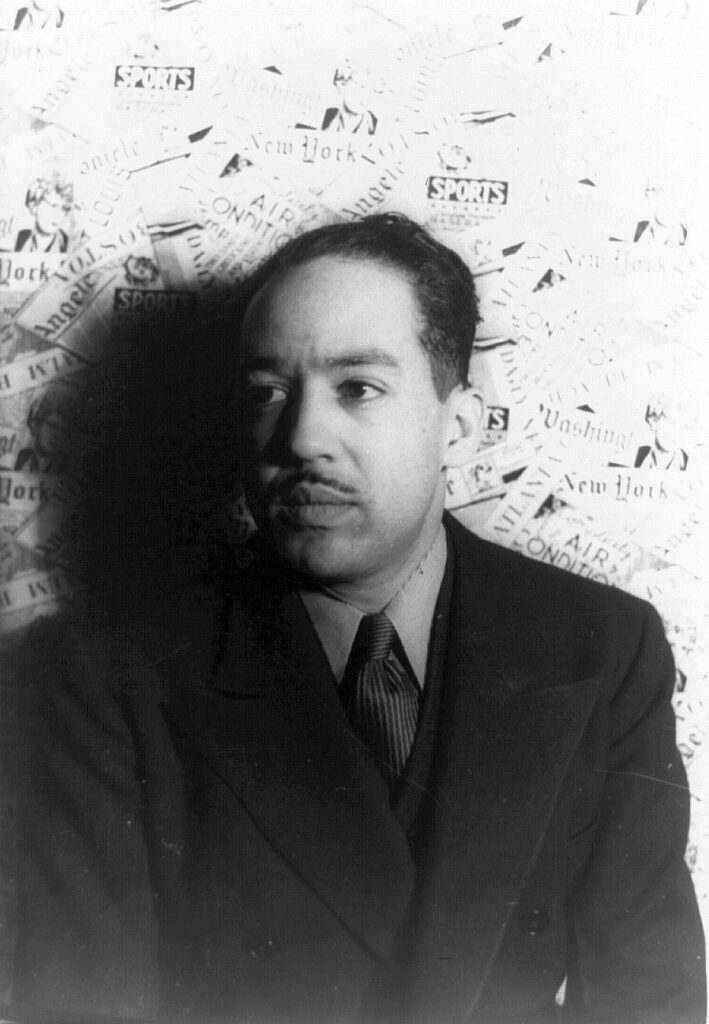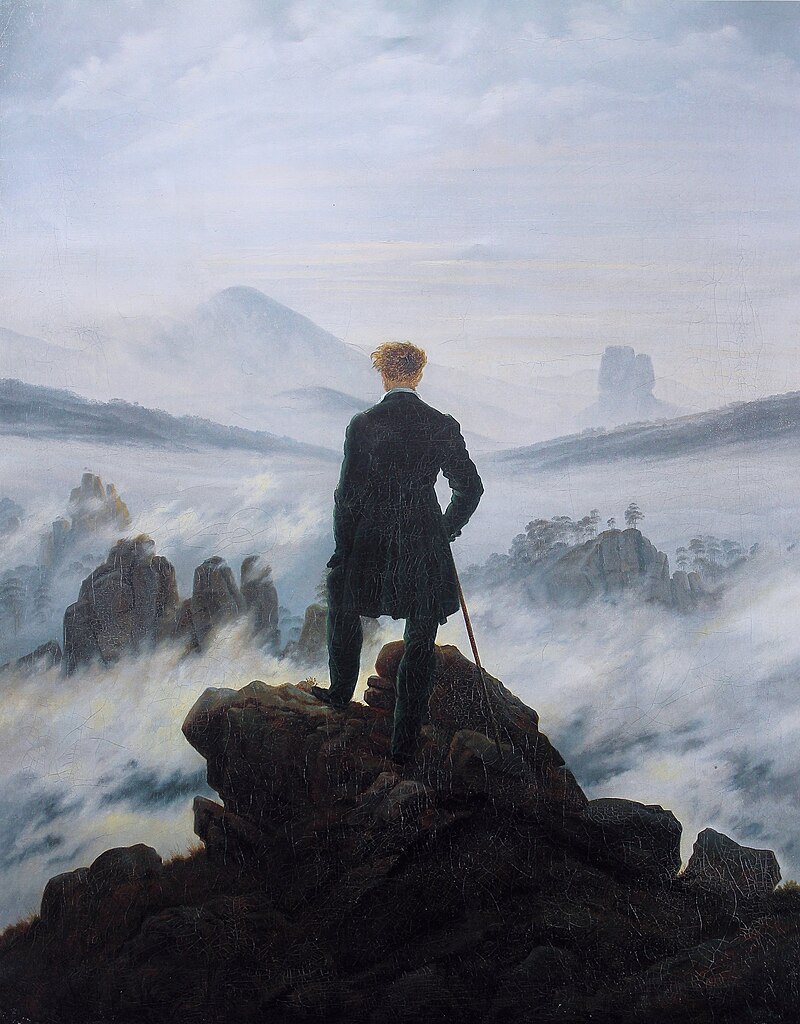Poetry is a profound medium for expressing human experiences and emotions, capturing the essence of life through the ages. This literary form has the unique ability to distill complex feelings and thoughts into a few well-chosen words, making it accessible and impactful. It holds a significant place in literature, offering reflections on cultural and historical contexts that resonate with readers across generations. The goal of this article is to explore the greatest poets of all time and their invaluable contributions to the literary world, revealing how their works have shaped our understanding of language and society.
Consider the works of Maya Angelou, whose poetry not only captures personal experiences but also addresses broader social issues, reflecting the struggles and triumphs of the African American community. Her poignant verses serve as a reminder of poetry’s role in advocating for change and fostering empathy. Throughout history, poetry has been a mirror to society, reflecting its complexities and nuances. From the epic tales of ancient civilizations to the introspective verses of modern poets, poetry continues to evolve while remaining a vital form of artistic expression. This exploration of influential poets highlights how their unique voices encapsulate the diverse tapestry of human experience, illustrating how poetry can confront societal norms and inspire movements for justice and equality.
The Definition of Greatness in Poetry
Greatness in poetry is often defined by the poet’s profound impact on literary movements and societal change. For instance, poets like Walt Whitman and Emily Dickinson have significantly influenced the trajectory of American poetry. Their unique styles and themes have inspired countless writers and contributed to the evolution of poetic forms, demonstrating how the resonance of their work transcends time. Whitman’s use of free verse in “Leaves of Grass” broke conventional poetic structures, celebrating individuality and democracy, and has influenced generations of poets seeking to express their voices freely.
Another key factor in determining a poet’s greatness is their ability to influence future generations. Poets such as Robert Frost and Langston Hughes have left indelible marks on the literary landscape, with their works continuing to inspire contemporary poets and readers alike. For example, Hughes’ incorporation of jazz rhythms into his poetry has influenced not only writers but also musicians, reinforcing the connection between different artistic expressions. Additionally, critical acclaim and prestigious literary awards, such as the Pulitzer Prize and the Nobel Prize, often serve as indicators of a poet’s lasting significance. The recognition of their contributions through awards further solidifies their place in literary history and demonstrates the impact their works have had on society.
Historical Overview of Poetic Movements
The history of poetry is marked by various movements that have shaped its development. The Romantic movement, for example, emphasized emotion and an appreciation for nature, featuring notable poets like William Wordsworth and John Keats, who celebrated beauty and human experience in their works. Wordsworth’s “I Wandered Lonely as a Cloud” exemplifies the Romantic ideal, highlighting the beauty of nature and its ability to evoke deep emotions. In contrast, the Modernist movement, characterized by figures like T.S. Eliot and Ezra Pound, emerged after World War I and focused on fragmentation and disillusionment, reflecting the tumultuous nature of the time.
Modernist poets like Eliot, with his landmark poem “The Waste Land,” conveyed the disillusionment felt in the wake of war and societal change, pushing the boundaries of poetic form and language. Additionally, the Harlem Renaissance played a crucial role in highlighting the contributions of African American poets, most notably Langston Hughes, who infused jazz rhythms and vernacular speech into his poetry, enriching the genre. Hughes’ poem “The Negro Speaks of Rivers” not only reflects on personal heritage but also connects the African American experience to the broader human narrative. The Beat Generation, with poets like Allen Ginsberg, further challenged societal norms, exploring themes of spirituality, sexuality, and personal freedom. Ginsberg’s “Howl” exemplified this spirit of rebellion and authenticity, addressing taboo topics and pushing the envelope of what poetry could express.
Spotlight on William Shakespeare

William Shakespeare, often regarded as one of the greatest poets and playwrights, made significant contributions to English poetry through his sonnets and plays. His exploration of themes such as love, mortality, and beauty has resonated powerfully with readers and writers alike. For example, his sonnet “Shall I compare thee to a summer’s day?” beautifully encapsulates the essence of love and admiration, showcasing his mastery of language and form. The emotional depth and lyrical quality of Shakespeare’s sonnets continue to be studied and celebrated, inviting readers to engage with the complexities of human relationships.
Shakespeare’s ability to blend poetic form with dramatic narrative has set a standard for playwrights and poets. His works remain widely studied and celebrated for their depth and insight into the human condition, influencing modern poetry and literature in countless ways. Furthermore, his innovative use of iambic pentameter and rich imagery has inspired many writers to explore their creative boundaries, ensuring that Shakespeare’s influence endures in contemporary literature and beyond. His exploration of universal themes has made his poetry timeless, fostering a connection with audiences across different cultures and eras.
Emily Dickinson’s Unique Contribution

Emily Dickinson’s poetry is characterized by its unconventional punctuation, slant rhyme, and introspective themes, which challenge traditional poetic forms. Her unique approach has led to a rich body of work that often explores themes of death, immortality, and the inner workings of the human mind. For instance, in her poem “Because I could not stop for Death,” Dickinson personifies death and reflects on the nature of existence, inviting readers to contemplate their own mortality. This innovative perspective allows her poetry to resonate deeply with readers, as her exploration of life’s fundamental questions continues to be relevant.
Dickinson’s reclusive lifestyle also gave her a unique perspective on solitude and existence, frequently reflected in her poetry. This introspection and innovative style have solidified her place as a central figure in American poetry, inspiring future generations of poets and readers. Her ability to convey complex emotions with brevity and precision has made her work a subject of extensive analysis and admiration. Dickinson’s legacy also extends to her influence on feminist poetry, as her themes of individuality and self-identity have inspired countless female writers to voice their own experiences.
The Legacy of Robert Frost

Robert Frost is celebrated for his ability to weave relatable themes about nature and human experience into his poetry, often set against the backdrop of rural New England. His poem “The Road Not Taken” exemplifies this, as it explores themes of choice and individuality, resonating with readers across various life stages. Frost’s mastery of language and imagery allows him to evoke the beauty of the natural world while also addressing deeper philosophical questions about life and decision-making.
His significant impact on American literature is underscored by his four Pulitzer Prizes for Poetry, which reflect the critical acclaim his work has garnered over the years. Frost’s ability to capture the complexities of life through simple yet profound language continues to leave a lasting legacy in the world of poetry. Moreover, his conversational style makes his poetry accessible to a wide audience, inviting readers from all walks of life to connect with his insights. Frost’s works often serve as a bridge between the rural landscape and the emotional landscape of the human experience, reinforcing the enduring relevance of his themes.
Langston Hughes and the Harlem Renaissance

Langston Hughes emerged as a leading figure in the Harlem Renaissance, a cultural movement celebrating African American artistic expression. His work often incorporated jazz rhythms and vernacular speech, making his poetry accessible and reflective of the African American experience. For example, in his poem “The Negro Speaks of Rivers,” Hughes highlights the deep connection between African heritage and identity, illustrating the historical significance of rivers as symbols of life and resilience. This connection honors the past and empowers the present, making his poetry resonate with a sense of pride and purpose.
Hughes’ poetry frequently addressed social issues and civil rights, making him an influential voice in American literature and history. His contributions not only advanced the artistic landscape but also provided a platform for social change, emphasizing the importance of representation and equality in the literary world. His ability to intertwine personal narrative with societal commentary has inspired subsequent generations of poets to explore their own identities and advocate for justice through their work. Hughes’ legacy as a poet is not just in his celebrated verses, but also in his role as a cultural leader who championed the voices of marginalized communities.
Maya Angelou’s Impact

Maya Angelou’s poetry often reflects her experiences as a Black woman in America, tackling themes of resilience, identity, and empowerment. Her poem “Still I Rise” serves as a powerful anthem of strength and determination, inspiring countless readers to embrace their own identities and overcome adversity. Angelou’s use of vivid imagery and rhythmic language creates an emotional connection with her audience, encouraging them to find strength in their own struggles.
Through her profound insights and eloquent expression, Angelou not only enriched the literary landscape but also fostered a greater understanding of the struggles and triumphs of marginalized communities. Her multifaceted career as a poet, memoirist, and civil rights activist solidified her role as a cultural icon, with her works continuing to resonate in contemporary society. The universal themes in her poetry allow her work to transcend cultural boundaries, making her an enduring figure in literature. Angelou’s contributions to poetry and civil rights have inspired a movement towards greater inclusivity and representation in the arts.
Notable Works of Other Influential Poets
In addition to the poets previously mentioned, many others have left an indelible mark on the literary world. Pablo Neruda, for instance, is known for blending political themes with romantic expression in his poetry, earning him the Nobel Prize for Literature. His poem “Sonnet XVII” exemplifies this fusion, exploring the depths of love and longing while addressing broader social concerns. Neruda’s ability to intertwine personal emotion with political commentary has influenced a diverse array of poets and writers across different cultures.
Similarly, Sylvia Plath’s confessional style in works like “Lady Lazarus” delves into personal trauma and mental health, offering readers a raw and honest portrayal of her struggles. Her exploration of complex emotions and societal expectations has made her a pivotal figure in feminist poetry. Poets like W.B. Yeats, celebrated for his reflection on Irish nationalism, and John Keats, admired for his sensuous imagery and exploration of beauty, further illustrate the diverse range of voices that define the world of poetry. Each of these poets has contributed to the richness of poetic expression, ensuring that their legacies continue to inspire and challenge readers.
The Role of Poetry in Contemporary Society
Today, poetry remains a powerful medium for social change, with contemporary poets like Amanda Gorman gaining prominence for their impactful work. Gorman’s poem “The Hill We Climb,” recited at President Biden’s inauguration, exemplifies how poetry can galvanize communities and inspire hope in challenging times. The accessibility of online platforms has allowed for diverse voices in poetry to emerge, reflecting a wide array of human experiences. This democratization of poetry has led to a flourishing of new voices and styles, enriching the literary landscape.
Social media has also transformed the way poetry is shared and consumed, making it more inclusive and interactive for audiences, fostering a sense of community among poets and readers alike. This shift has enabled poets to reach broader audiences, allowing their work to resonate with individuals from different backgrounds and cultures. The rise of spoken word and performance poetry has further emphasized the performative aspect of poetry, inviting audiences to engage with the art form in dynamic and personal ways. Contemporary poetry continues to serve as a vital tool for expression, social commentary, and cultural connection.
How to Discover and Appreciate Poetry
Engaging with collections of poems and exploring different poetic styles can enhance one’s understanding and appreciation of this art form. Readers are encouraged to explore anthologies or collections that feature a variety of poets, allowing them to experience the breadth of poetic expression. Platforms like Mecella offer a space for discovering thought-provoking poetry and connecting with poets, encouraging readers to delve into a variety of works. This exploration can lead to a deeper appreciation for the artistry involved in crafting poetry.
Participating in poetry readings and workshops can further deepen one’s appreciation and understanding of poetic forms and styles, allowing individuals to connect with the richness of poetic expression. These events often facilitate discussions about themes, techniques, and the emotional weight of poetry, providing valuable insights into the creative process. Engaging with poetry through various mediums, whether through reading, writing, or performance, fosters a more profound connection to the art form and its capacity to articulate the complexities of human experience.
The Lasting Influence of Poetry on Culture and Society
The exploration of the greatest poets reveals poetry’s enduring power to shape culture and society. Through their works, poets have the unique ability to bridge cultural divides, fostering empathy and understanding among diverse communities. The themes explored in poetry often reflect societal issues, encouraging readers to engage with and reflect on their own experiences and the world around them. As poetry continues to evolve and adapt to contemporary challenges, its ability to resonate with the human experience remains a vital aspect of its significance.
The ongoing dialogue between poets and society underscores the importance of poetry as a tool for social commentary and change. Poets can challenge prevailing narratives, inviting readers to reconsider their perspectives and engage in meaningful conversations about identity, justice, and human connection. For more enriching poetry experiences and to connect with a community of poets, visit Mecella for a curated collection and insights that celebrate the beauty and power of poetry.
For poetry and more, visit Mecella.

